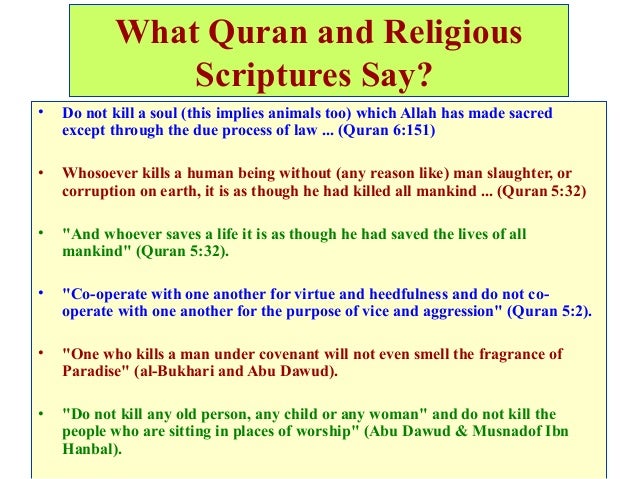
The major sins are those acts which have been forbidden by Allah in the Quran and by His Messengerﷺ in the Sunnah (practise of the Prophetﷺ), and which have been made clear by the actions of of the first righteous generation of Muslims, the Companions of the Prophetﷺ.

Allah Most High says in His Glorious Book:If you avoid the major (part) of what you have been forbidden (to do), We will cancel out for you your (other) evil deeds and will admit you (to Paradise) with a noble entry. (al-Nisa 4:31)Thus by this verse, Allah Most High has guaranteed the Garden of Paradise to those who avoid the major sins. And Allah Most High also says:Those who avoid the greatest of sins and indecencies, and forgive when they are angry (al-Shra 42:37) Those who avoid the greatest sins and indecencies, except for oversights, (will find that) surely your Lord is ample in forgiveness. (Al-Najm 53:32)
"Avoid the seven noxious things"- and after having said this, the Prophetﷺ mentioned them: "associating anything with Allah; magic; killing one whom Allah has declared inviolate without a just case, consuming the property of an orphan, devouring usury, turning back when the army advances, and slandering chaste women who are believers but indiscreet." (Bukhari and Muslim)The Messenger of Allah ﷺ said: "The five [daily] prayers, Friday to Friday, and Ramadan to Ramadan make atonement for what has happened since the previous one when major sins have been avoided." It is therefore very important to determine exactly what the greatest vices, technically called "the major sins" (Kaba'ir), are, in order that Muslims should avoid them.There is some difference of opinion among scholars in this regard. Some say these major sins are seven, and in support of their position they quote the tradition:
'Abdullah ibn 'Abbas said: "Seventy is closer to their number than seven," and indeed that is correct. The above tradition does not limit the major sins to those mentioned in it. Rather, it points to the type of sins which fall into the category of "major." These include those crimes which call for a prescribed punishment (HADD; plural, HUDUD), such as theft, fornication or adultery (ZINA), and murder; those prohibited acts for which a warning of a severe punishment in the Next is given in the Qur'an or the tradition; and also those deeds which are cursed by our Prophet (SAW). These are all major sins.
Source: http://www.themodernreligion.com/misc/hh/major_sins.htmOf course, there is a gradation among them, since some are more serious than others. We see that the Prophet (SAW) has included SHIRK (associating someone or something with Allah) among them, and from the text of the Qur'an we know that a person who commits SHIRK will not his sin be forgiven and will remain in Hell forever.
Allah Most High says: Surely, Allah does not forgive associating anything with Him, and He forgives whatever is other than that to whomever He wills. (al-Nisa 4:48 and 116)01. Associating anything with Allah02. Murder03. Practising magic04. Not Praying05. Not paying Zakat06. Not fasting on a Day of Ramadan without excuse07. Not performing Hajj, while being able to do so08. Disrespect to parents09. Abandoning relatives10. Fornication and Adultery11. Homosexuality(sodomy)12. Interest(Riba)13. Wrongfully consuming the property of an orphan14. Lying about Allah and His Messenger15. Running away from the battlefield16. A leader's deceiving his people and being unjust to them17. Pride and arrogance18. Bearing false witness19. Drinking Khamr (wine)20. Gambling21. Slandering chaste women22. Stealing from the spoils of war23. Stealing24. Highway Robbery25. Taking false oath26. Oppression27. Illegal gain28. Consuming wealth acquired unlawfully29. Committing suicide30. Frequent lying31. Judging unjustly32. Giving and Accepting bribes33. Woman's imitating man and man's imitating woman34. Being cuckold35. Marrying a divorced woman in order to make her lawful for the husband36. Not protecting oneself from urine37. Showing-off38. Learning knowledge of the religion for the sake of this world and concealing that knowledge39. Bertrayal of trust40. Recounting favours41. Denying Allah's Decree42. Listening (to) people's private conversations43. Carrying tales44. Cursing45. Breaking contracts46. Believing in fortune-tellers and astrologers47. A woman's bad conduct towards her husband48. Making statues and pictures49. Lamenting, wailing, tearing the clothing, and doing other things of this sort when an affliction befalls50. Treating others unjustly51. Overbearing conduct toward the wife, the servant, the weak, and animals52. Offending one's neighbour53. Offending and abusing Muslims54. Offending people and having an arrogant attitude toward them55. Trailing one's garment in pride56. Men's wearing silk and gold57. A slave's running away from his master58. Slaughtering an animal which has been dedicated to anyone other than Allah59. To knowingly ascribe one's paternity to a father other than one's own60. Arguing and disputing violently61. Witholding excess water62. Giving short weight or measure63. Feeling secure from Allah's Plan64. Offending Allah's righteous friends65. Not praying in congregation but praying alone without an excuse66. Persistently missing Friday Prayers without any excuse67. Unsurping the rights of the heir through bequests68. Deceiving and plotting evil69. Spying for the enemy of the Muslims70. Cursing or insulting any of the Companiions of Allah's Messenger
Related:
~ ~ ~ ~ ~ ~ ~ ~ ~ ~ ~ ~ ~ ~ ~ ~ ~ ~ ~ ~ ~
Humanity, Religion, Culture, Science, Peace
A Project of
Overall 2 Million visits/hits



